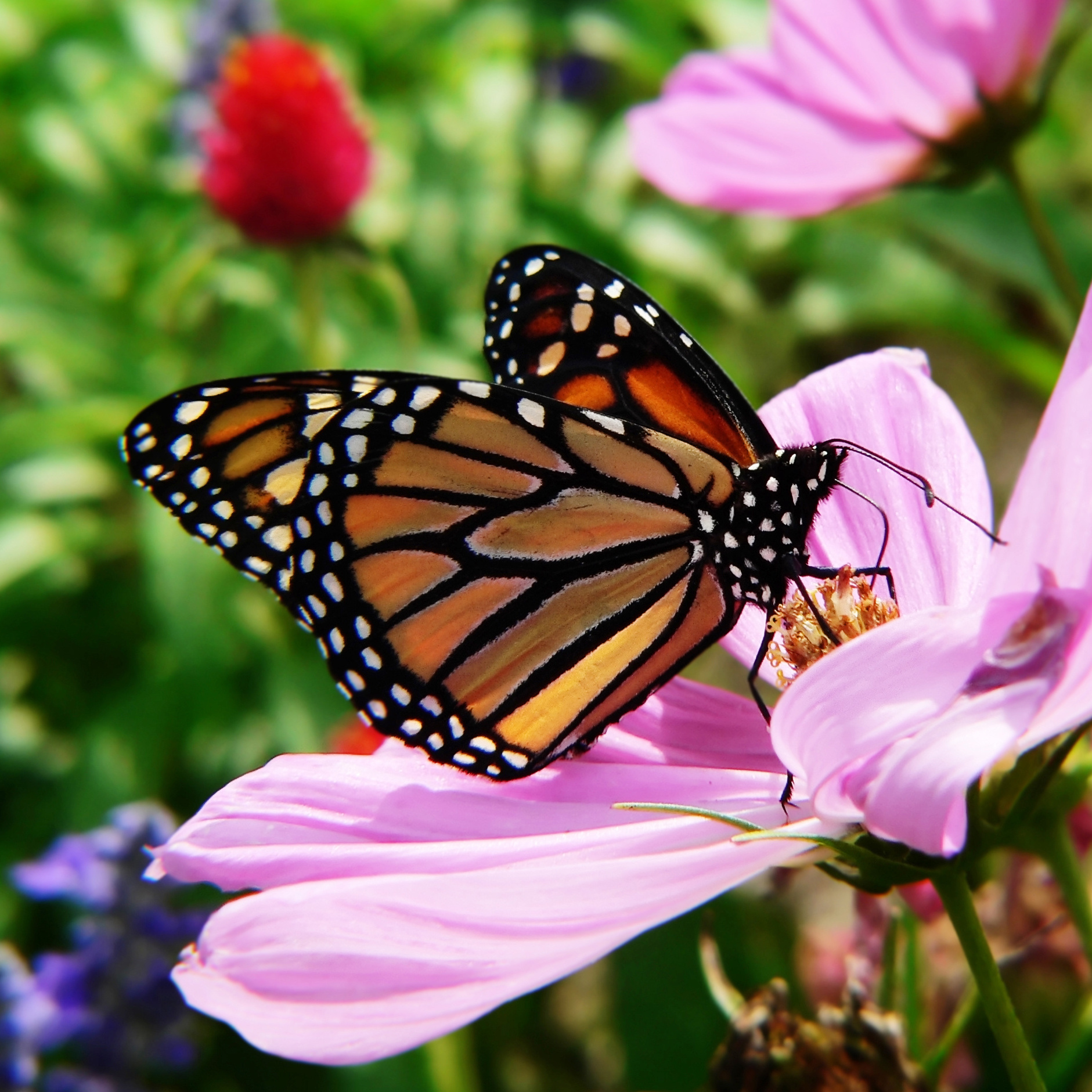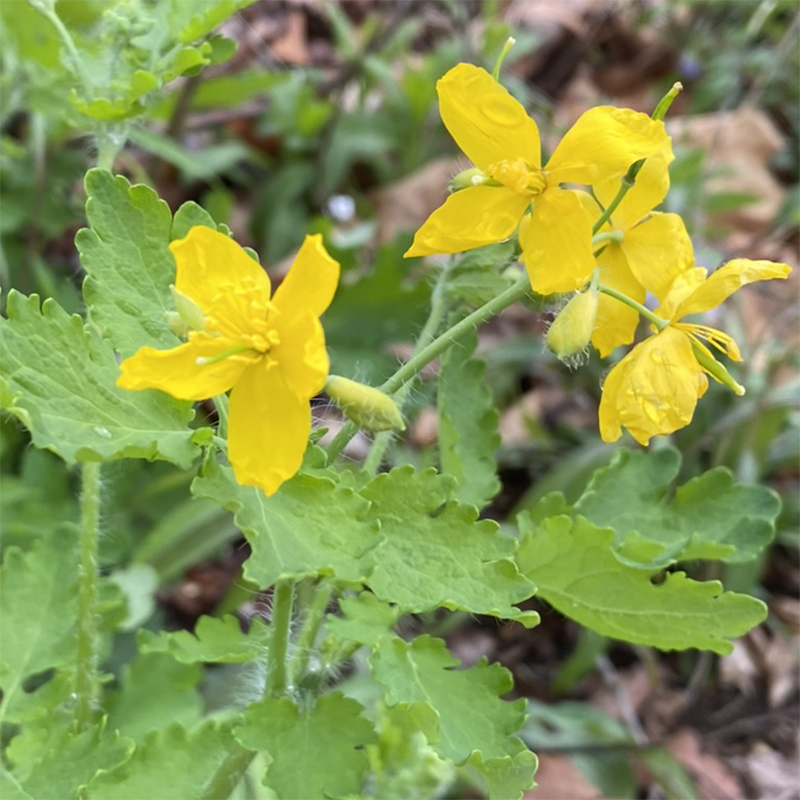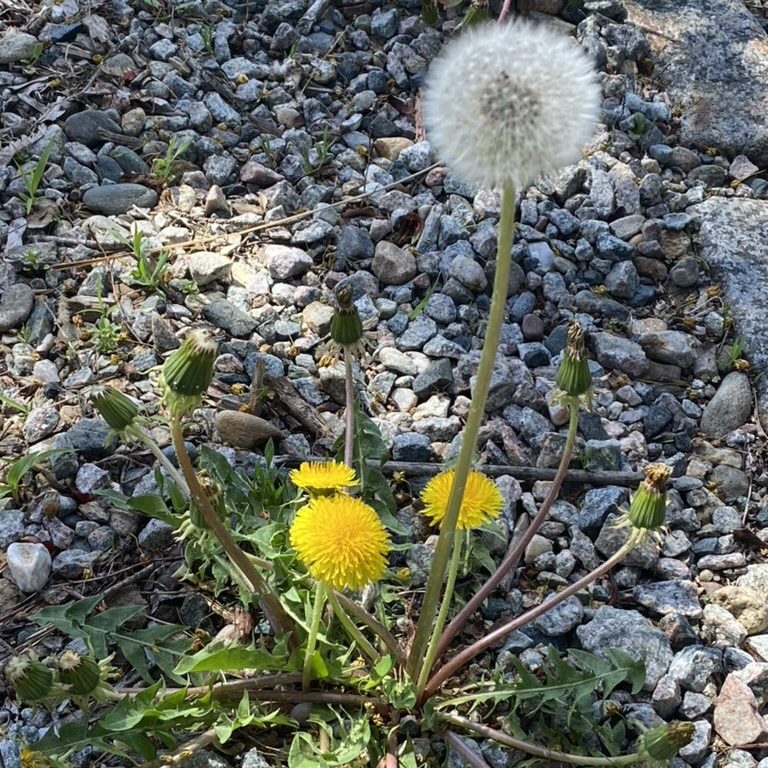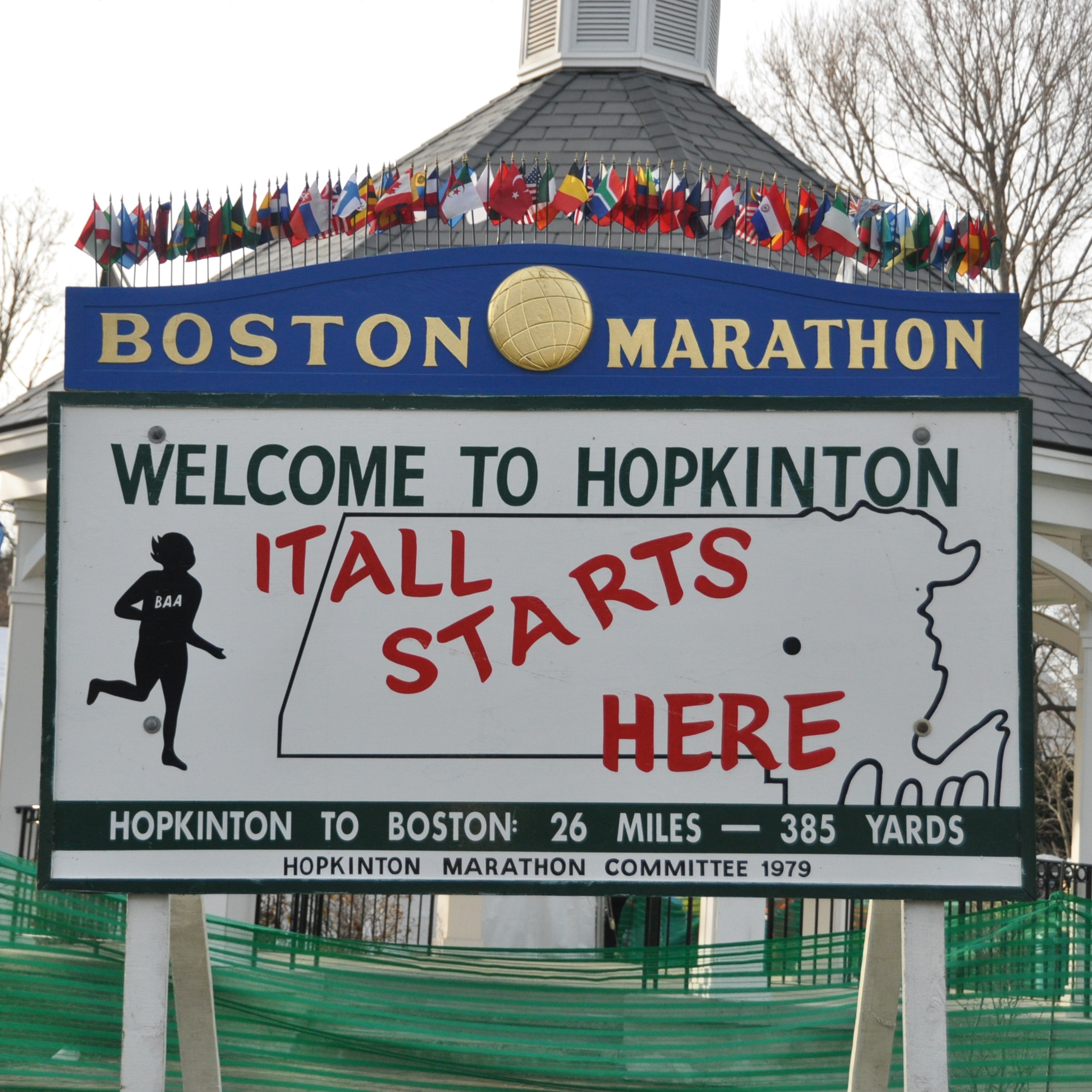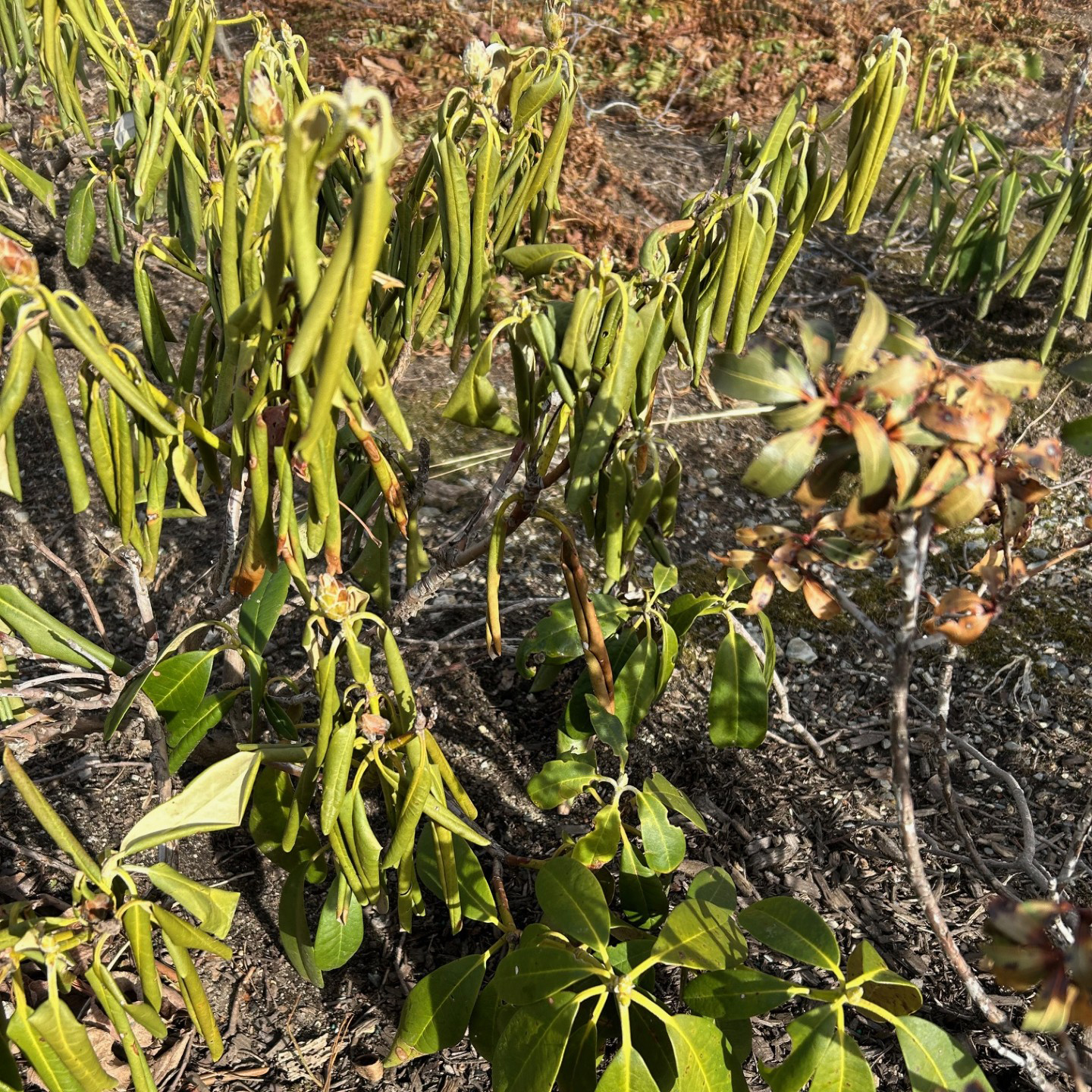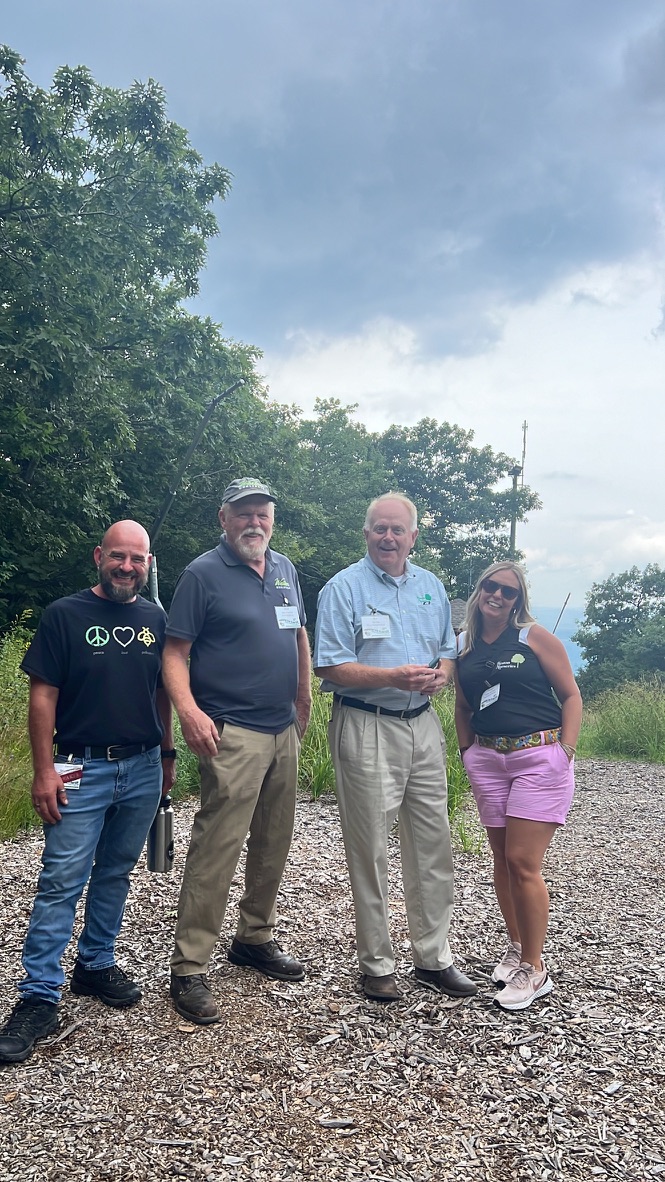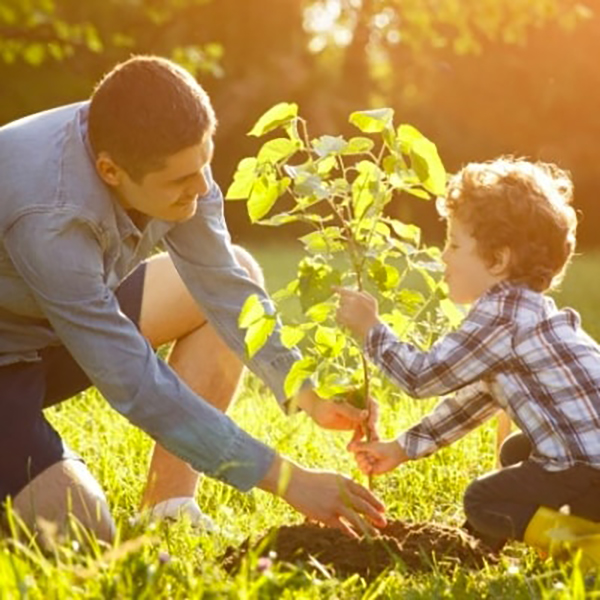
Growing up in a nursery family, I instinctively appreciated the importance of trees, shrubs and plants—for us they were always a normal element on our daily lives. Back then we tended to assume that everyone understood why and how plants accomplish their critical environmental role. But getting out in the wider world, it soon became clear to me that the value endowed by living plants needs to be more widely understood.
Our nursery was skilled in propagating and growing a broad range of plants from seed, cuttings, division and grafts. An exception was our shade and ornamental tree program: we generally purchased bare-root tree “liners” (started trees, ready for planting)—like maple, cherry, dogwood, birch, from specialty growers on the West coast. With their significantly-longer growing seasons, these nurseries produced trees with features our customers preferred: straighter trunks impossible to achieve growing in our more condensed New England summers.
Each March trailer trucks delivered heavy bundles of dormant, 8-12 ft.-tall trees to us. We’d stack them in the barn and keep their roots moist until our nursery fields were prepared to receive them. These bare-root trees were relatively easy to handle; we properly pruned them, roots and tops, for planting in the ground.
When ready for sale after three to seven years, they were harvested balled-and-burlapped (B&B) or transplanted into pots; with soil surrounding their roots they became readily maintainable above ground for weeks, even months, until our customer was ready to plant them.
Back in the “old days” we never recognized the need to describe the ways trees add value to our lives—it was obvious to all of us in the nursery industry as we worked with them every day. Naive as that may have been, we’re now witnessing an overdue upsurge in understanding, perhaps due to social networking or being accosted by environmental uncertainties. So many articles and books now delve into discovering the value of living trees that our ancestors innately understood. Here’s a link to a recent article in The Guardian that explores how trees can help us.
With my realization that so many people around the world have differing perceptions, I’m heartened by the long-term view now being voiced; it’s finally becoming more obvious how vital role trees actually play in determining the fate of our shared future world!
About the Author
Wayne Mezitt is a 3rd generation nurseryman, a Massachusetts Certified Horticulturist, now chairman of Weston Nurseries of Hopkinton, Chelmsford & Hingham MA, and owner of “Hort-Sense”, a horticultural advisory business. He currently serves in various capacities on several horticulturally-related organizations, including the Massachusetts Horticultural Society at The Gardens at Elm Bank in Wellesley MA, and chairman for the Massachusetts Invasive Plant Advisory Group (MIPAG).


